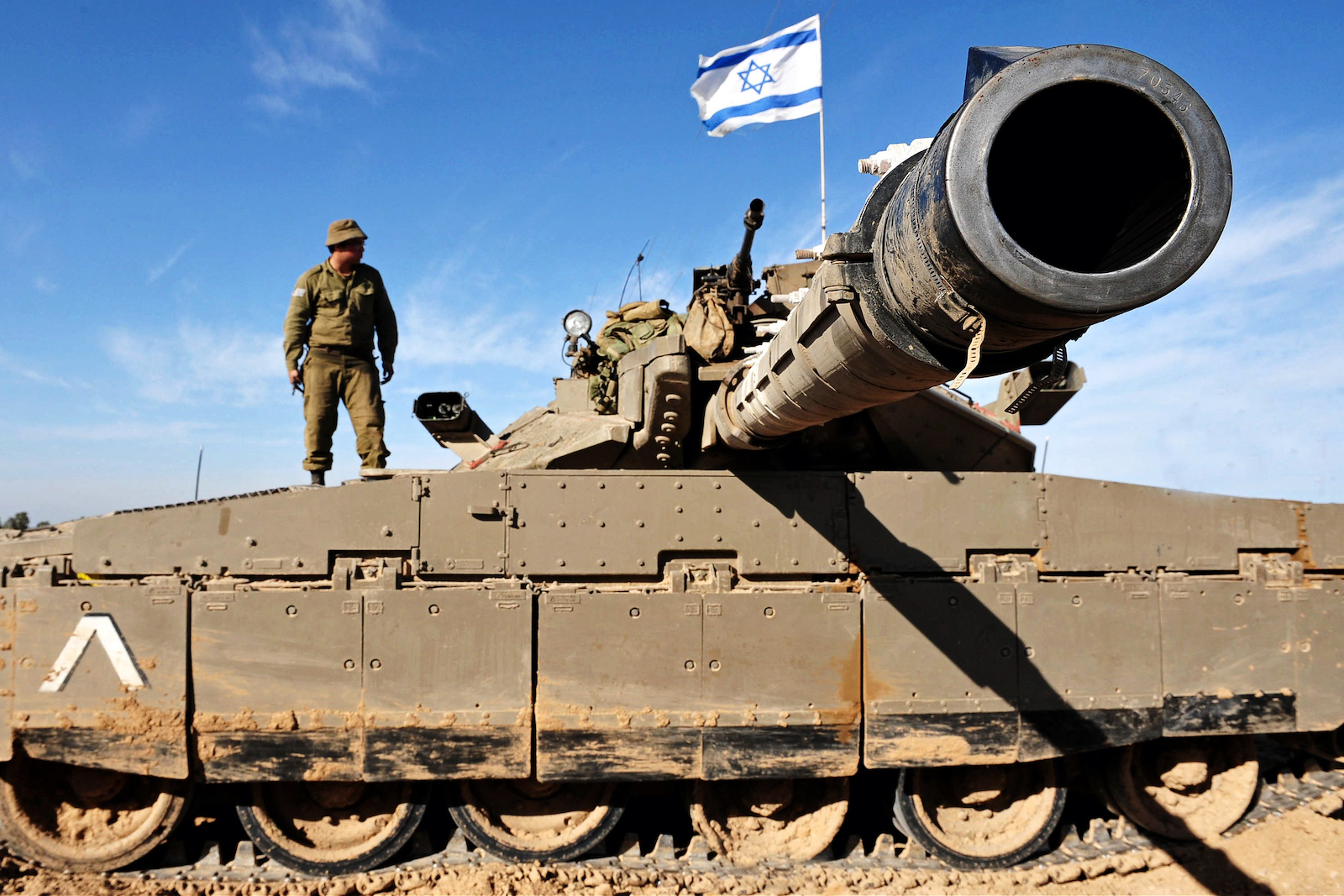
Israel Will be Forever Changed
In a part of the world already renowned for its explosive volatility and enduring political instability, the sequence of events that erupted in Israel on October 7 exceeds what anyone might reasonably label as extraordinary. At exactly 6:29 a.m., the militant group Hamas, operating out of the Gaza Strip, initiated a barrage of rocket fire aimed at southern and central Israeli communities.
Operating under the smoke and fire of this rocket assault, a contingent of at least 1,000 militants launched a synchronized and multi-dimensional attack on Israeli territory via land, sea, and air. They targeted Israel’s Kerem Shalom border crossing and overwhelmed its border security personnel. Then, Hamas militants moved on to assault the Erez crossing station, wielding rifles, machine guns, and explosive devices. Additional attacks were executed by sea and even by paragliders, in a meticulous operation that appeared carefully choreographed.
Following this initial shock, more militants arrived in a convoy of pickup trucks and motorcycles, having breached a section of the Israel-Gaza border with bulldozers. By 7:30 a.m., these militants had dispersed into multiple towns and cities throughout southern Israel, near Gaza. The vicious assault, which can only be understood as a full-scale invasion of Israel, bore the hallmarks of a masterminded operation—likely years in the making. This unprecedented offensive, resulting in indiscriminate attacks against Israeli civilians and security forces, stands alone in the annals of Israeli history. To this day, it has led to the death of more than 1,200 Israelis and nearly 3,000 others have been wounded.
The assault unfolded on the 50th anniversary of the Yom Kippur War, or the October War, when Egypt and Syria launched a coordinated offensive against Israel on October 6, 1973. Yet, the contemporary crisis is poised to have much graver implications for Israeli society, its military infrastructure, and its political landscape for years to come. Not since the inception of Israel in 1948 has any state or non-state actor achieved such a staggering level of tactical surprise. For it to happen in a nation known for having arguably the most effective intelligence apparatus and military in the region is a reality with which the Israeli government will have to grapple for years.
The meticulousness of this operation rivals anything that could have been conceived by Allied forces in World War II. That such an endeavor could have been executed by Hamas—a group often dismissed as a ragtag collective of terrorists—is a humiliating indictment of the Israeli intelligence community and its allies. The complexity of the attack encapsulates several foundational principles of military strategy—such as economy of force, maneuver, unity of command, and the elements of surprise and simplicity. The fact that this happened despite Israel’s internal security agency, Shin Bet, and military intelligence pouring billions of dollars into fortifying the southern border with Gaza, raises further questions about the inadequacy of Israeli countermeasures. Moreover, the Israeli government has instituted a comprehensive security architecture over Gaza, which includes surveillance, informants, sensors, and an extensive array of other intelligence capabilities, underlined by a complete blockade since 2007.
The shockwave of this event has triggered seismic shifts within Israel. The government has declared an all-out war on Hamas, mobilized over 300,000 reservists, and deployed at least 100,000 of them to the Gaza border. It has suspended educational activities and prohibited large gatherings. Airstrikes were initiated shortly after the rocket assaults, resulting in nearly 11,000 Palestinian casualties and over 5,000 wounded—a number likely to climb. The Israeli government has also implemented a “complete siege of Gaza,” cutting off essential supplies. On another front, Israeli Prime Minister Benjamin Netanyahu is contemplating a ground invasion.
The international implications are equally monumental. The U.S., Israel’s closest ally, has deployed an aircraft carrier strike group to the Eastern Mediterranean as a deterrent to other militant factions and regional actors such as Hezbollah and Iran. The Pentagon has also committed to supplying Israel with additional munitions. Meanwhile, various militias and resistance groups throughout the Middle East, some backed by Iran, are heightening their kinetic activities, increasing the potential for a broader conflict.
Within this ever-expanding theater of war, violence in the West Bank is also escalating. Recent years have witnessed the emergence of new militant factions, further complicating a precarious security situation. Reporting from the Wall Street Journal implicates Iran in the planning and execution of the October 7 attack, though Israeli and U.S. authorities have yet to confirm Tehran’s involvement.
As Israel grapples with this shocking turn of events, questions are being raised within its intellectual and elite circles. The Yom Kippur War of 1973 shook Israel to its core and led to significant political shifts. The current crisis, however, unfolds within Israel’s borders, marking a new level of internal vulnerability. A glaring intelligence failure is undeniable, but what exacerbates this calamity is the aftermath, with Hamas militants roaming Israeli streets for more than 48 hours after the initial attack, even infiltrating military installations and residential areas.
While the forthcoming years will see multiple commissions of inquiry to discern how such an event could occur, the gaping flaws in Israel’s intelligence framework must be scrutinized, perhaps for a full decade or more. Could the timing of the attack be tied to the series of Abraham Accords Israel inked with multiple Arab states? Is the grand strategy of Hamas aimed at dismantling the potential for regional peace and cooperation? As Israel grapples with the ramifications of this unparalleled security breach, these questions will linger. The ‘Black Swan’ of October 7, stands as a sobering wake-up call, the resonance of which will shape Israeli society, the Middle East, and the geopolitics of the region for years to come.
